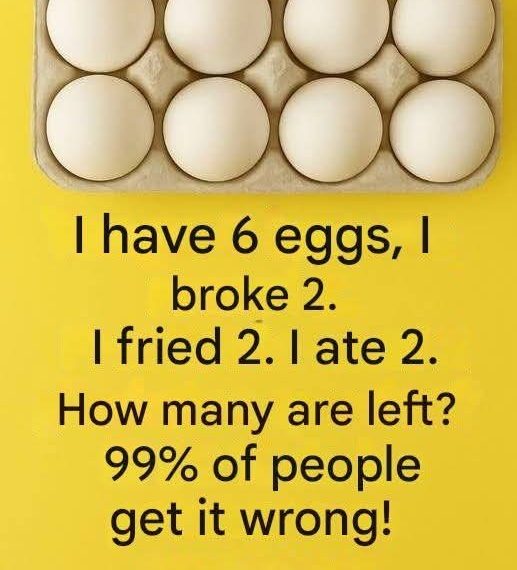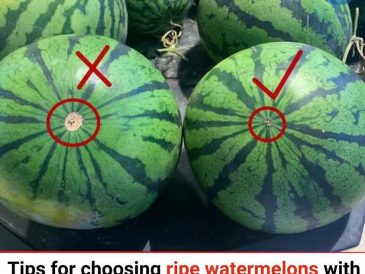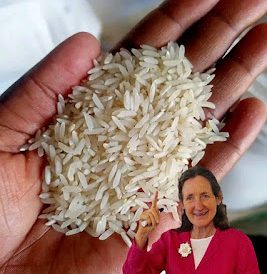A simple but powerful puzzle that reveals how our mind works
Introduction
A riddle has gone viral on social media that, although seemingly simple, has confused millions of people. The phrase reads:
“I have 6 eggs. I broke 2. I fried 2. I ate 2. How many eggs do I have left?”
At first glance, you might think the answer is obvious. However, most people are wrong. These types of riddles are not only entertaining, but they also reveal how we often react automatically without carefully analyzing what we read.
Why is this riddle so tricky? 🤯
The key lies in the sequential and logical interpretation of the actions described. Our brain tends to add up all the actions as if they were performed on different elements, but that’s not what the text says.
Let’s go step by step:
I have 6 eggs.
Initial total = 6 eggs
I broke 2.
Now you have 4 whole eggs left, but you still have them all (the broken ones are there too, just broken).
I fried 2.
Usually, to fry an egg… you have to break it first! So those 2 I fried are probably the same ones I broke.
I ate two.
And of course, if I fried them, I ate them afterward. So, it’s very likely that the two I ate are also the same ones I fried and smashed.
So… How many eggs do I have left? ✅
If I used 2 eggs to break, fry, and eat, the other 4 eggs remain intact . No further action is mentioned regarding them.
🟢 Correct answer: 4 eggs.
Why are most people wrong? 🔍
The trick is imagining that you broke two different eggs, fried two more, and ate two more, as if they were six different eggs. But the text doesn’t say they’re all different ; it just lists actions, and those actions can refer to the same eggs.
This teaches us a key lesson: we often respond without analyzing, projecting our assumptions instead of reading carefully.
Did you get it right or wrong? Comment on your answer and challenge your friends!
These types of mental challenges are an excellent way to keep your brain active. If you enjoy logic, memory, and concentration challenges, continue exploring our puzzles and brain training section at:






1 Comment
Well the picture is of 8 eggs. So it implies that you have 6 eggs now, but that’s because you broke, fried and ate the other two.
Comments are closed.